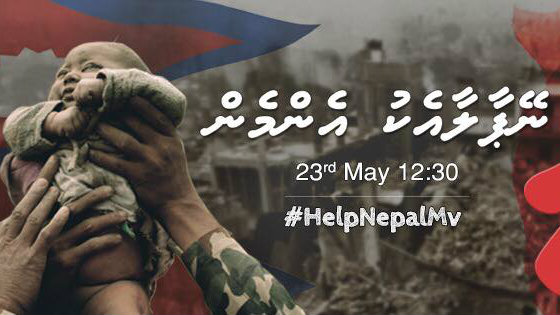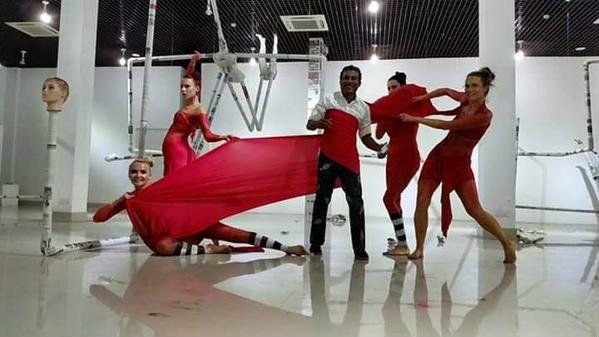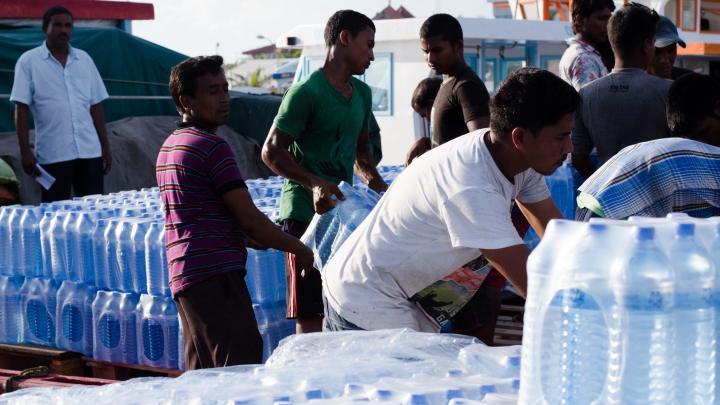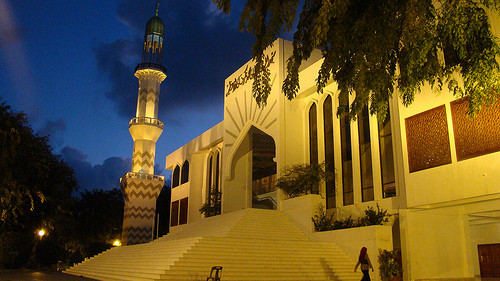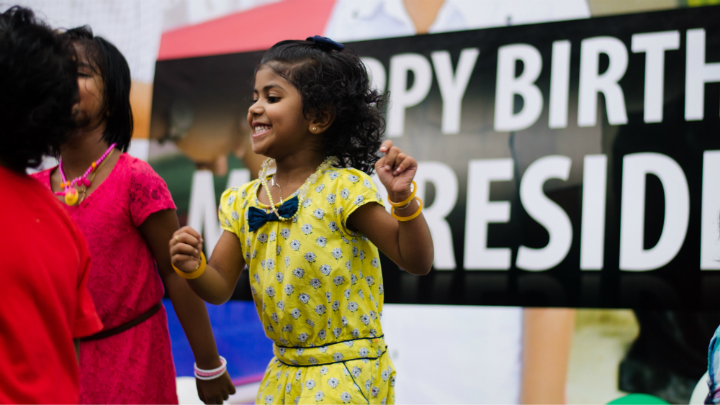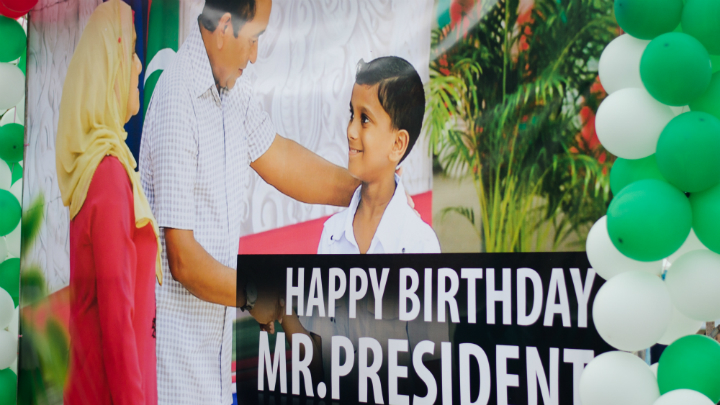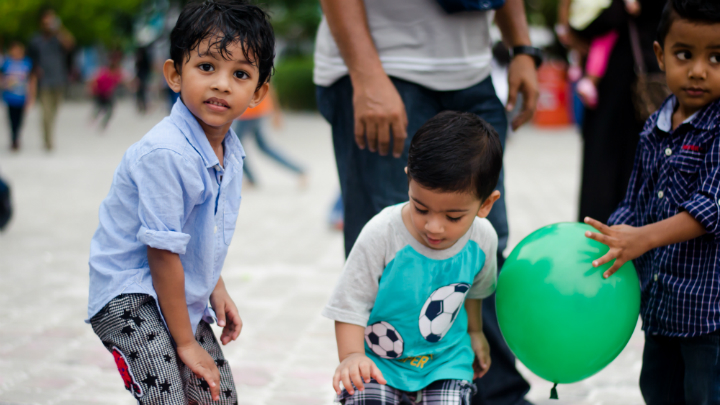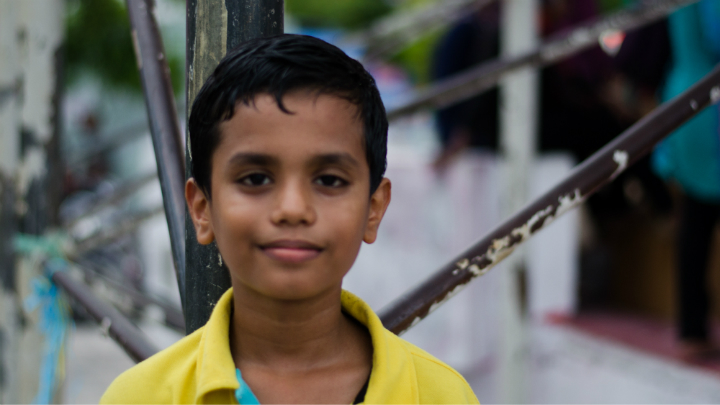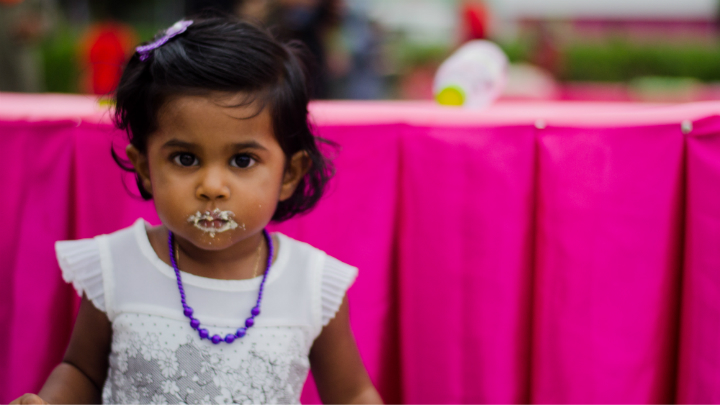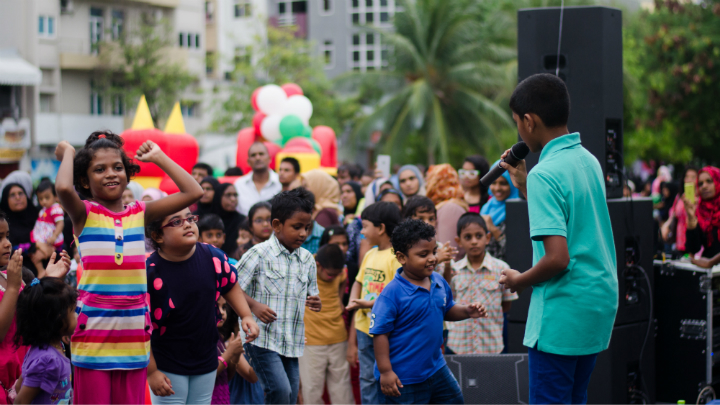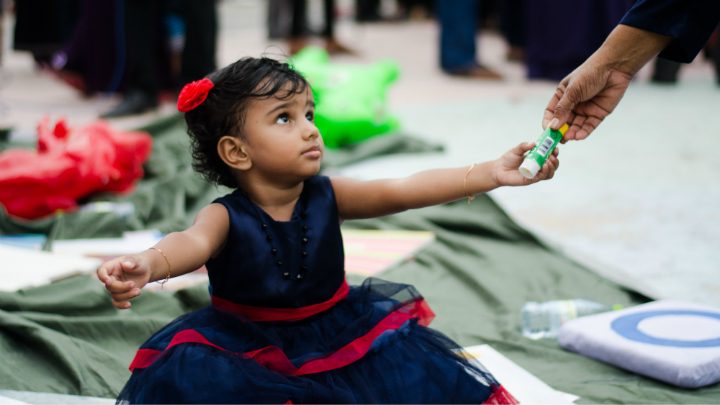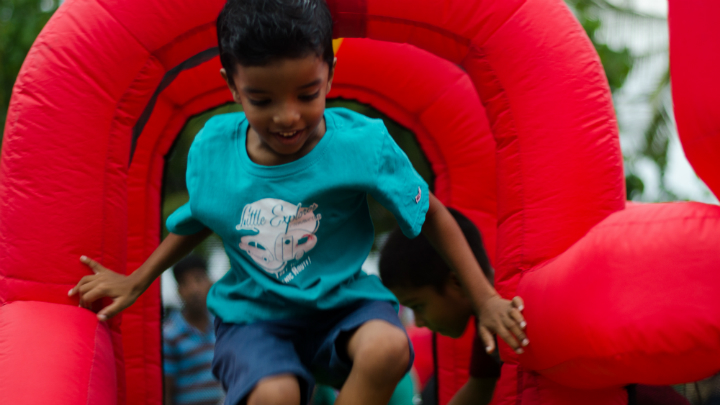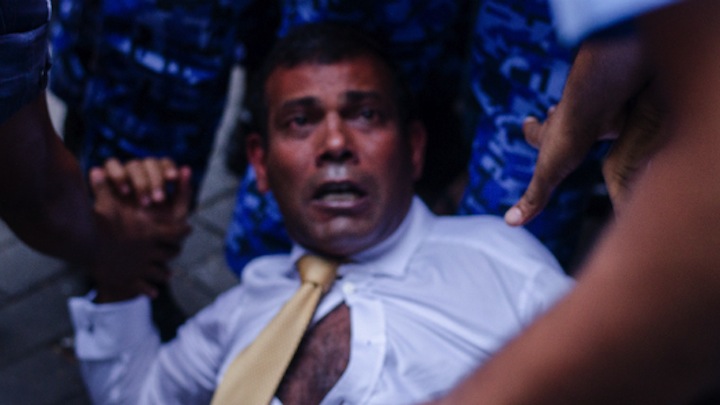This article is by Isha Afeef
I volunteered on Saturday to help fundraise for the Nepal earthquake relief effort in Malé. It was heart-warming to see the immense public support for the event. People of all ages stop by the donation box where I sat, from children with fistfuls of coins to a sick elderly man who stopped by the Galolhu football stadium just to donate. Some migrant workers also chipped in.
The Maldivian Red Crescent (MRC) and the Maldives Medical Association (MMA), have now collected more than MVR1.7million (US$109,677).
Nearly 9,000 people have died since an earthquake with a magnitude of 7.8 on the Richter scale struck Nepal on April 25. Another tremor measuring 7.3 on the Richter scale struck on May 15, leading to more deaths.
“When the international appeal with the lists of items and funding that Nepal needed came out from International Red Crescent, we evaluated we could deliver at our capacity, and decided that it was funding,” MRC president Ali Nashid said.
“Our sum had to be realistic. We considered two main things: the economic state of the country, and that the donors we would be asking for funds would also be assisting with our projects in the future. So we set a target of $200,000,” he said.
The MMA was the first to take the initiative, as many of its members had gone to medical school in Nepal. The MRC’s volunteers walked door to door in Addu City and Fuvahmuah Island this month, while others in Thaa Atoll Veymandhoo and Meemu Atoll Kolhufushi held children’s evenings to raise funds.
Dhiraagu and Ooredoo set up a system where customers could donate via text messages.
On Saturday, the Maldives media held a telethon. A children’s evening was held at Malé’s Raalhugandu and a music show was held at night. Fund boxes were placed at the Galolhu Stadium and ten other locations in Malé. The veterans of the Maldivian national football team and MPs also played a football match.
At the fund box at Galolhu, people who stopped by were warm and sincere in their well wishes. To me, it showed how dear Maldivians hold the values of generosity and kindness, and how willing Maldivians are to help people affected by natural disasters, no matter where disaster strikes in the world.
Mothers donated multiple times on behalf of their children. One elderly man stopped by with a Bangladeshi man who works for him. When the expatriate worker donated, the elderly man stepped up to the box and made a generous contribution. He said he was very sick, but that he had not been able to resist coming to the stadium to make a donation with his own hands.
Hundreds also bought tickets to watch the football match between the veteran Maldivian national football team and the Maldives’ parliamentarians.
“Our main focus now is to make sure that every penny reaches Nepal Red Crescent, and we will be accountable for it,” Nashid said.
The MRC estimates the final figure to reach MVR1.9million.
A young MRC volunteer, Ahmed Shamau said, he, too was moved by the extraordinary display of kindness by the public. “It’s shown strength, all these people uniting for humanity.”
“When the Tsunami struck the Maldives, Nepal was one of the countries that contributed to help us. And now that they’re in need, we’ll do the best we can in our capacity,” he added.
The chairperson of the MRC, Mohamed Junaid, thanked all of the volunteers.
“The biggest role in these efforts in being done by these dedicated individuals. We had over 50 responses to the call for assistance by Malé branch alone. And we are proud to say that our volunteers work just for humanitarian values, as seen by their dedication to the telethon in these past four days.”
Two MRC volunteers who work with the regional disaster response team are in Nepal at present. Mariyam Aisha, the first female volunteer to be deployed on a regional mission, reached Nepal on May 16. Moosa Shifaz has been active in Nepal since May 2.
Junaid says Aisha and Shifaz are “an inspiration.”
Fund-raising activities will continue till May 27. Here are the MRC’s bank details if you wish to make a donation.
BANK OF MALDIVES
7701-176022-001 (MVR)
7701-176022-002 (USD)
Maldivian Red Crescent
MALDIVES ISLAMIC BANK
9901-01-55500036-100 (MVR)
9901-01-55500036-200 (USD)
Maldivian Red Crescent
All comment pieces are the sole view of the author and do not reflect the editorial policy of Minivan News. If you would like to write an opinion piece, please send proposals to [email protected]
